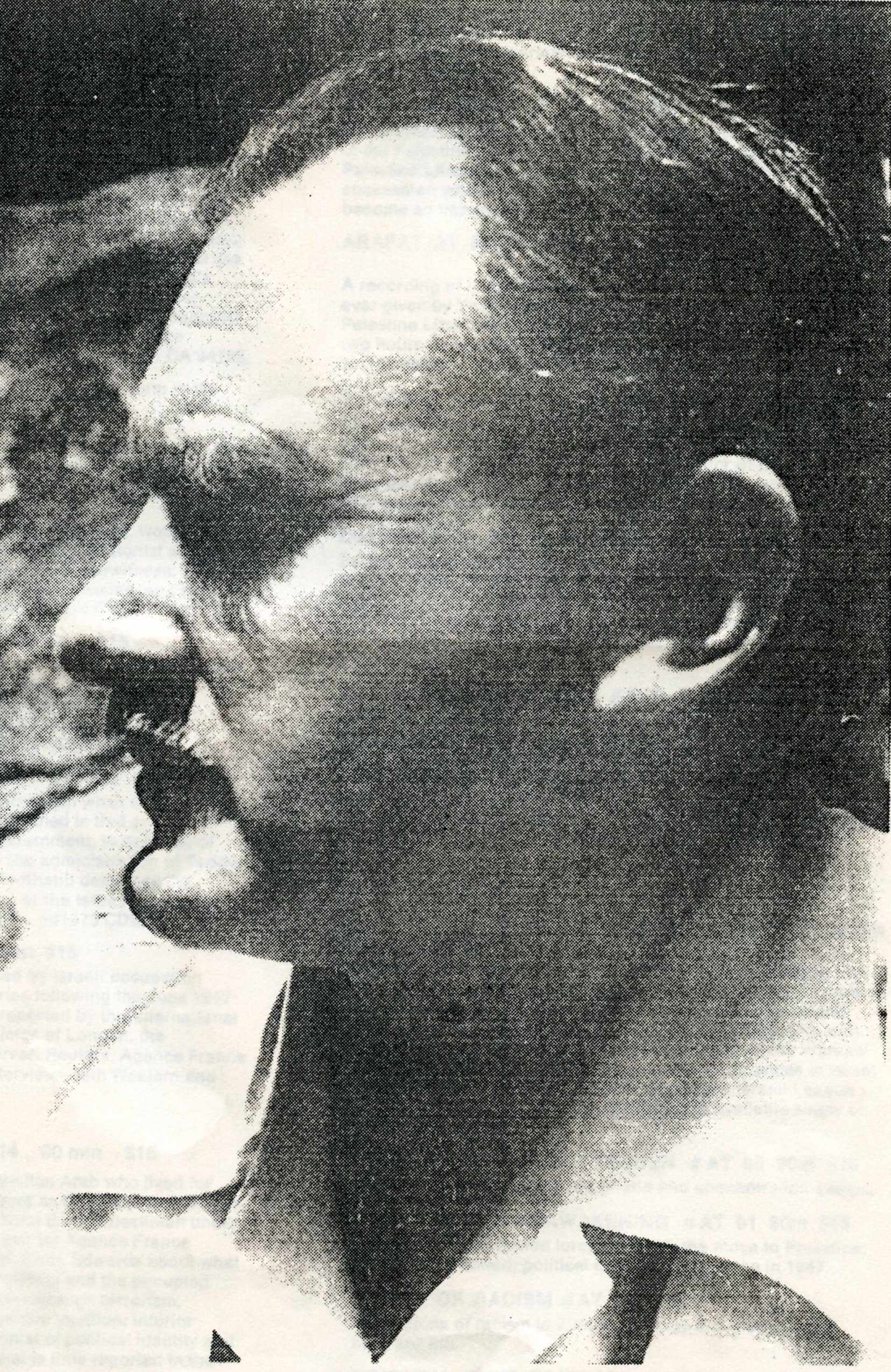Independent Collections
These collections were produced by independent journalists. Many of these recordings make up the bulk of the original collection of the Freedom Archives.
Subcollections
-
Colin Edwards Collection
Materials representing the life-work and journalism of a Welsh radio correspondent and journalist who worked for Pacifica stations, the BBC and many other broadcasters. -
Colin Edwards Free Speech Movement
This collection is produced by journalist Colin Edwards and represent a comprehensive account of the Free Speech Movement and its effect on the political climate of UC Berkeley. -
Programs produced by Kiilu Nyasha
Kiilu Nyasha is a revolutionary journalist and former member of the Black Panther Party. Kiilu still hosts Freedom Is A Constant Struggle, which now appears as a TV program. -
“Nothing is More Precious Than…” a news magazine including music and poetry
KPFA weekly news program running from 1973-1976 featuring in-depth coverage of liberation struggles around the world. -
“The Real Dragon” a news magazine including music and poetry
Real Dragon was a radio program broadcast on KPFA from 1971-1973. This news show focused on issues of national liberation, political prisoners, Vietnam and other major national and international topics.
Documents
3 Documents Found
Date: 1/20/1967Call Number: CE 777Format: 1/4 3 3/4 ipsProducers: Colin EdwardsProgram: BBCCollection: Colin Edwards Free Speech Movement
Press conferences following the abrupt dismissal of UC President Clark Kerr on January 20th, 1967. Regents decided 14-8 to dismiss Kerr. Ronald Reagan voted to dismiss him. Speakers at press conferences are Jesse Unruh, a Democrat and regent who did not support the dismissal; Dan McIntosh, ASUC president, who explains that students will be shocked at the news; a Republican regent, last name Meyer, who supported the dismissal; and Clark Kerr himself. Kerr gives a speech detailing his appreciation of and commitment to the university and his hopes for the university's future. He then answers questions and Colin Edwards comments at the end.
Date: 2/9/1967Call Number: CE 778Format: 1/4 7 1/2 ipsProducers: Colin EdwardsCollection: Colin Edwards Free Speech Movement
Clark Kerr making a speech and answering questions about his career, the UC system, and politics. He talks about financing higher education and the danger of introducing tuition to the UC system. He also discusses the new condition where students are engaged in social struggles, rather than just workers. He refers to beatniks and revolutionaries as parasites and small in number. He answers questions about his dismissal and plans as well as about Governor Reagan.
Call Number: CE 785Format: 1/4 3 3/4 ipsProgram: CBS Face The Nation
Collection: Colin Edwards Free Speech Movement
Clark Kerr interviewed on Face the Nation (CBS). Kerr talks about the role of Ronald Reagan in his dismissal and changing the face of the University.
3 Documents Found






